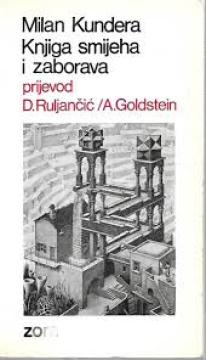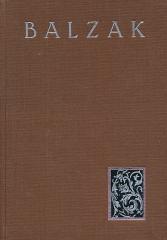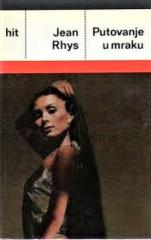
Knjiga smijeha i zaborava
The novel The Book of Laughter and Forgetfulness (1979), a fragmentary novel in seven parts, explores Czech history under the communist regime, particularly after the 1968 Prague Spring and the Soviet invasion.
Kundera, an exile in Paris, combines satire, erotic motifs, and philosophical digressions, mocking totalitarianism through stories of the manipulation of memory and identity.
Through characters such as Ludvik, an engineer rehabilitated after a false accusation, and Tamara, who flees into exile, the novel depicts how the regime erases the past – from destroyed monuments to betrayals by friends – while laughter becomes a weapon: angelic (liberating, individual) versus diabolical (collective, destructive). Erotic scenes, such as those between lovers in Paris or during the invasion, emphasize the lightness and heaviness of existence, the conflicts of mind and body, public and private.
Kundera warns that forgetting is not a passive loss, but an active erasure: just as the image of Clementis is erased from history from a photograph next to Gottwald, so personal memories are extinguished. The novel, written in Czech and translated into English, criticizes false narratives and celebrates art as resistance. Relevant in an age of manipulation, Kundera sees it as a "novel of ideas" where history becomes a metaphor for loneliness and hope in laughter.
One copy is available
- A message of a personal nature





